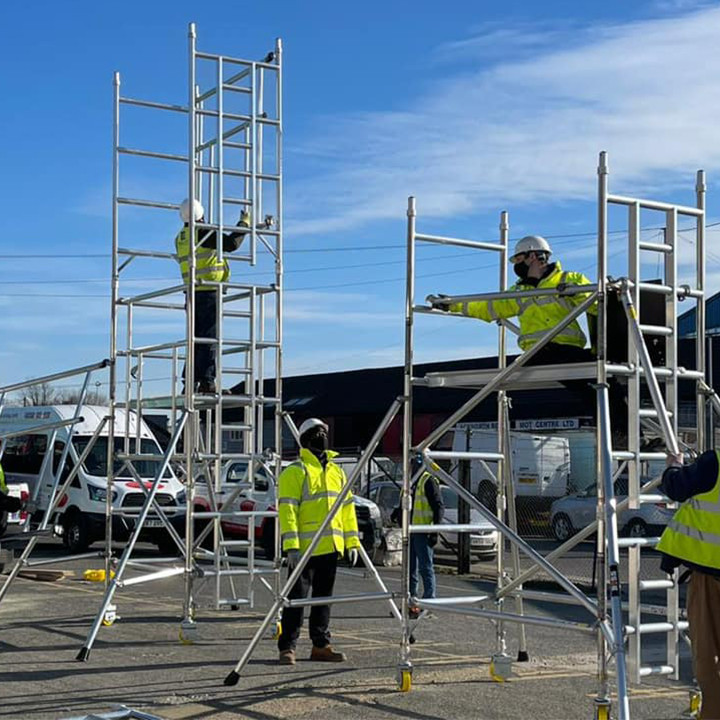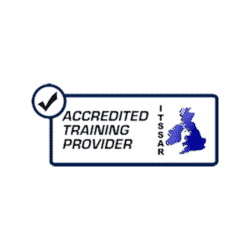Anyone who is going to be working with scaffolding or towers will be in the scope of the construction industry. As this sector is very broad, there are so many specialist skills you can choose to hone in. PASMA users are vital to help with building, repairing and maintaining buildings, houses and other architectural structures.
While a PASMA certification is not a legal requirement, it is a highly sought after training accreditation, in which most businesses will consider this certification as a standard requirement. Companies can also put you through your PASMA training when hiring you as a new operator, and can also keep your training up to date throughout your employment with them.
Training must be refreshed every five years if you want to keep your certification valid, and you must ensure that you wear the proper Personal Protective Equipment (PPE) which can mitigate incidents.
Skills
Communication
As a PASMA operator, you will typically be working as part of a team. You will need to clearly communicate throughout the job you are completing, which will reduce the risk of accidents occurring when working. Providing clear communication to your team will help you and your co-workers stay safe; while also helping you and the team complete the work without issues.
Problem Solving
You will need to use critical thinking for risk assessing and hazard mitigation. Working at heights and on towers can pose many risks, so you need to ensure that you can erect the tower properly, as well as keep the surrounding areas visible and safe for the public, such as pedestrians. You may also find that the work you are completing is greater than anticipated, so you will then need to decide what tower assembly is best fit for the task.
Fitness
Generally, you will need to be able to assemble, move, use and disassemble towers, as well as lifting work equipment. This is where you would benefit from having good physically fitness. You don’t need to be at peak physical fitness, but you need to be able to comfortably complete the work, which includes tower assembling. Additionally, you ideally need to be fit to work at those conditions. For example, if you have vertigo, this can be a big issue, and you could struggle greatly working on towers.
Confidence
As you can be working at great heights or awkward positions, such as on stairways, you need to be comfortable with working in these conditions. If you have a fear of heights, you will likely struggle, and this can increase the risk of an accident occurring. So, you should have the confidence to work on towers, and different towers if applicable to your job role. Also, being confident in the choices you make will help increase efficiency, since you wont be as apprehensive regarding the work you are completing.
Attention To Detail
You must be meticulous in the assembling of a tower. This means paying attention to each scaffolding component, and making sure they are securely fixed together. You will also need to conduct pre-use checks, so you will be expected to inspect your assembled tower thoroughly for any potential issues or defects, which is vital to keeping yourself and others safe.
Salary Expectations
PASMA operators can see a salary range of £19,000-£25,000 annually. This will be depending on your current experience and certifications (if applicable). Also, this doesn’t account for other qualities and jobs you complete. For example, you could work independently in a private company. Or, you may have other certifications and experience for the job you are currently in, such as having a Category C1 licence to transport the PASMA equipment.
Career Progression
There are several avenues you can lean towards, depending on what you want to do and the opportunities you are given. If you want to lean into tower assembling, you could specialise in this area and become a Professional Tower Rigger or an Access Tower Specialist, which can see a salary as much as 30K. This would mean creating complex towers and being able to create designer-approved adaptions.
You could also become a PASMA tower manager, who delegates and support the team on the job. This can also include creating rescue plans, preventing personal health hazards and learning the responsibilities of a PASMA manager.












